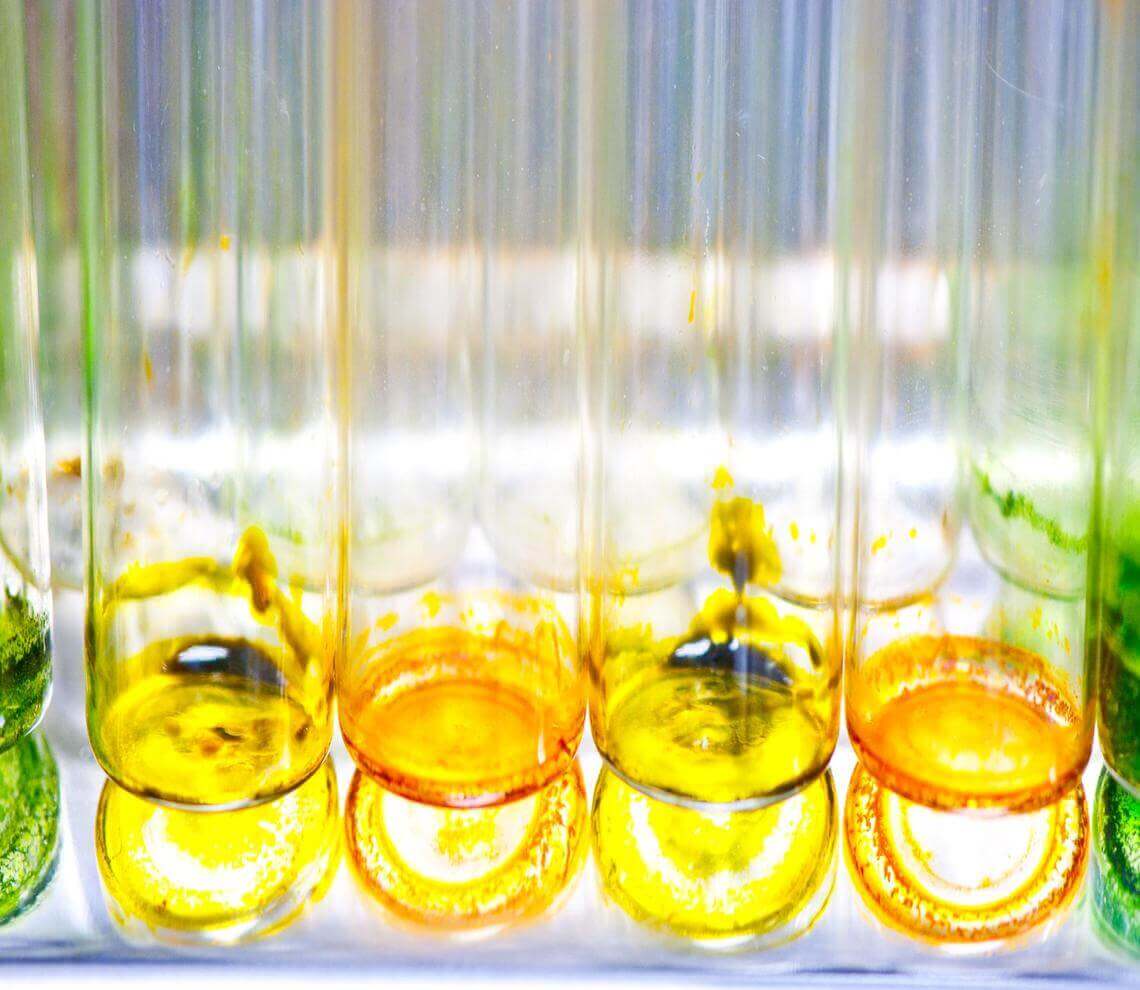- Our Suppliers
- MBS Monoclonals
- Mouse Anti-Chicken CD28-BIOT
Product short description
Price:
464 EUR
Size:
500ug
Catalog no.:
GEN673894
Product detailed description
Clone
AV7
Purification method
N/A
Concentration
N/A
Also known as
CD28
Clonality
Monoclonal
Latin name
Mus musculus
Immunoglobulin isotype
Mouse IgG1 kappa
Host organism
Mouse (Mus musculus)
Other gene names
Cd28; N/A; Cd28; N/A
Gene name synonims
Cd28; N/A; Cd28; N/A
Gene name
Cd28; N/A; Cd28; N/A
Subcategory
Mnoclonal antibodies
Category
Secondary Antibodies
Form/Appearance
Biotin (BIOT) Conjugate
Tested applications:
Flow Cytometry; Immunoprecipitation
Other names
CD28; T-cell-specific surface glycoprotein CD28; T-cell-specific surface glycoprotein CD28; OTTMUSP00000002157; CD28 antigen; N/A
Properties
Chickens like all bird species have IgY antibodies that are very stable and found in the yolk. Gallus Gallus domestica is the Latin name of the Chicken.
Description
This antibody needs to be stored at + 4°C in a fridge short term in a concentrated dilution. Freeze thaw will destroy a percentage in every cycle and should be avoided.
Species reactivity
Chicken; Due to limited knowledge and inability for testing each and every species, the reactivity of the antibody may extend to other species which are not listed hereby.
Test
Mouse or mice from the Mus musculus species are used for production of mouse monoclonal antibodies or mabs and as research model for humans in your lab. Mouse are mature after 40 days for females and 55 days for males. The female mice are pregnant only 20 days and can give birth to 10 litters of 6-8 mice a year. Transgenic, knock-out, congenic and inbread strains are known for C57BL/6, A/J, BALB/c, SCID while the CD-1 is outbred as strain.
Storage and shipping
The purified antibody is supplied as 0.5 mg purified immunoglobulin in 1.0 mL of 100 mM borate buffered saline, pH 8.2. No preservatives or amine-containing buffer salts added; Store the antibody ats should be kept in the range of 1-7 degrees Celsius.. The FITC conjugate is supplied as 0.5 mg in 1.0 mL of phosphate buffered saline, pH 7.4, containing 0.1% sodium azide as preservative (PBS/NaN3); Store the antibody ats should be kept in the range of 1-7 degrees Celsius.. The BIOT conjugate is supplied as 0.5 mg in 1.0 mL of PBS/NaN3; Store the antibody ats should be kept in the range of 1-7 degrees Celsius.. The R-PE conjugate is supplied as 0.1 mg in 1.0 mL of PBS/NaN3 and a stabilizing agent; Store the antibody ats should be kept in the range of 1-7 degrees Celsius.. All products should be stored at the antibodys should be kept in the range of 1-7 degrees Celsius.. Conjugated forms should not be frozen and should be protected from prolonged exposure to light. Each reagent is stable for the period shown on the bottle label if stored as directed.
Specificity and cross-reactivity
Chicken CD28, a monomeric molecule of Mr 40-44 kDa with 50% amino acid sequence identity with mammalian CD28 Chicken CD28 antigen is a type I transmembrane monomeric glycoprotein which does not contain the cysteine residues that form disulfide-linked covalent homodimers found in the mammalian counterpart. This may reduce the avidity of binding to individual ligand molecules expected to be present on Ag presenting cells. Peripheral gamma delta + T cells are CD28-negative.1 Monoclonal antibodies against CD28 have a costimulatory effect on T cells stimulated by phorbol myristate acetate (PMA), concanavalin A or MAbs against the avian T cell receptor (TCR). Both V beta 1- and V beta 2-expressing cells respond equally well to stimulation with anti-CD28 in combination with PMA. These responses are resistant to cyclosporin A, but inhibited by herbimycin A, suggesting that CD28 employs a signalling pathway at least partly distinct from that triggered by TCR/CD3.2 MAb AV7 also reacts with turkey CD28 as demonstrated by flow cytometry and immunoprecipitation/Western blotting.3; Since it is not possible to test each and every species our knowledge on the corss reactivity of the antibodies is limited. This particular antibody might cross react with speacies outside of the listed ones.
© Copyright 2016-Tech News . Design by: uiCookies

